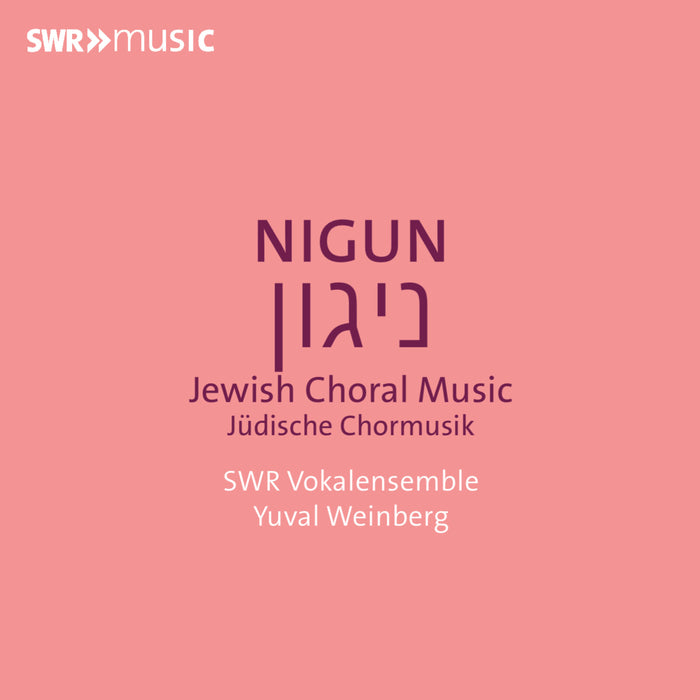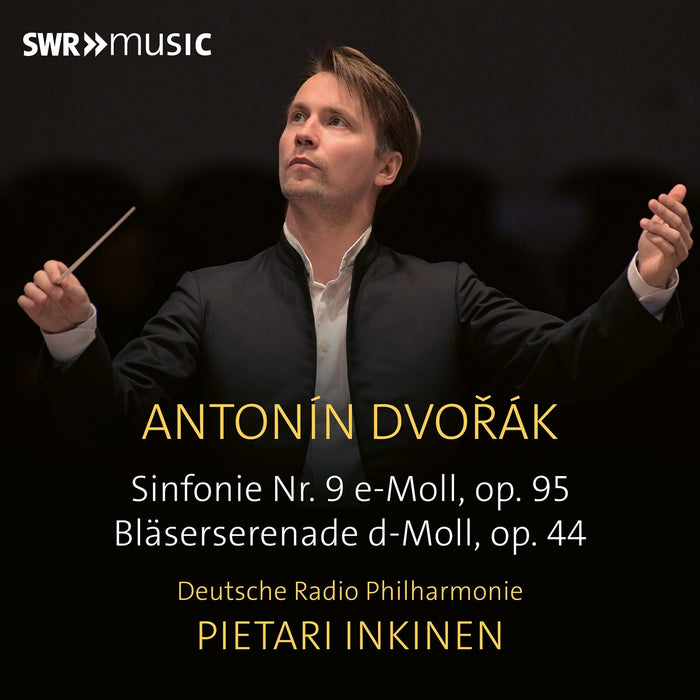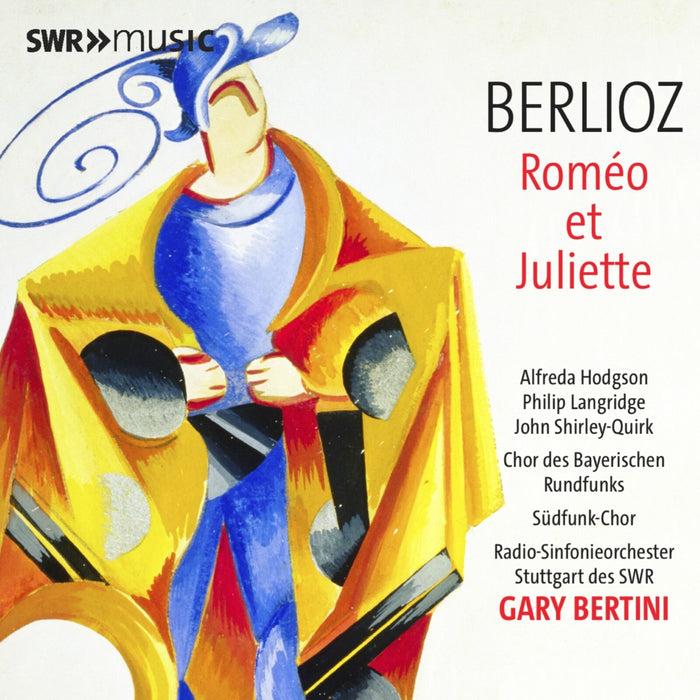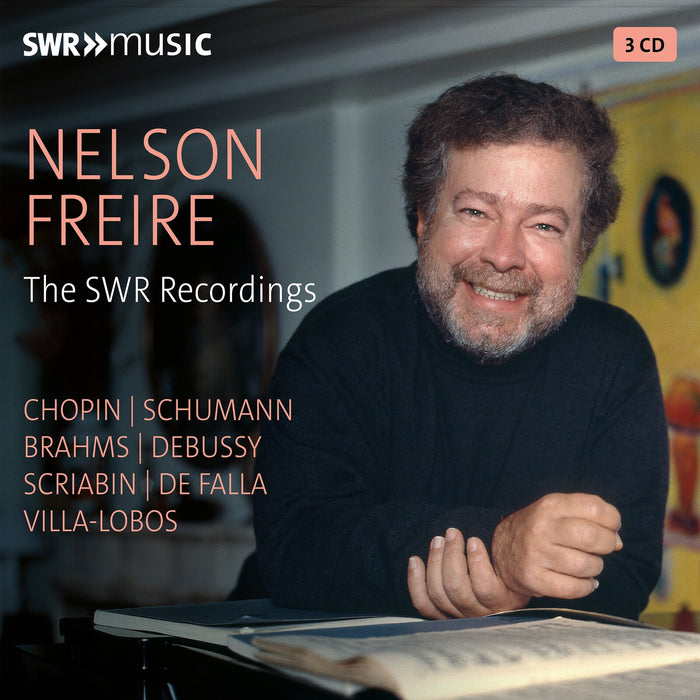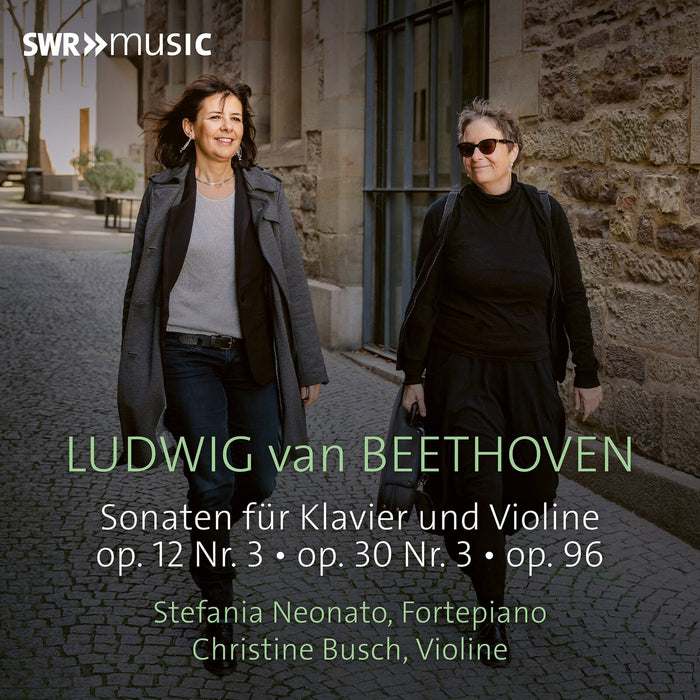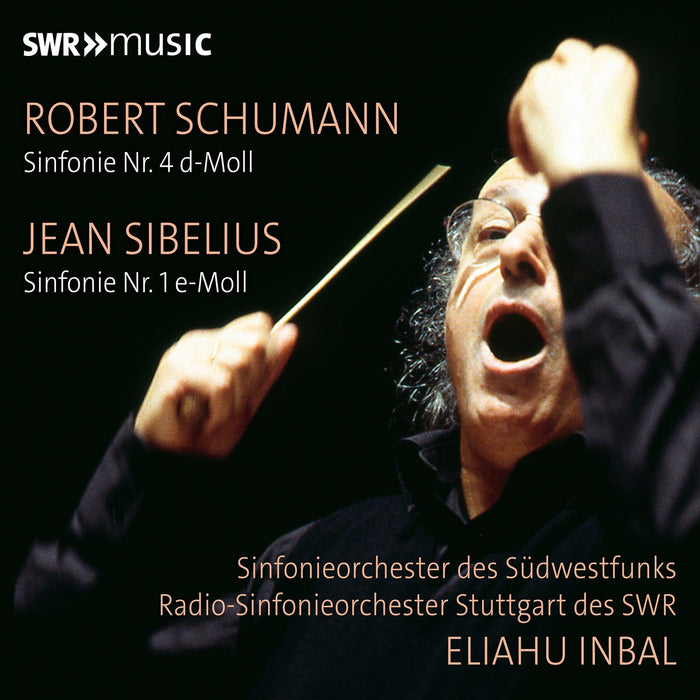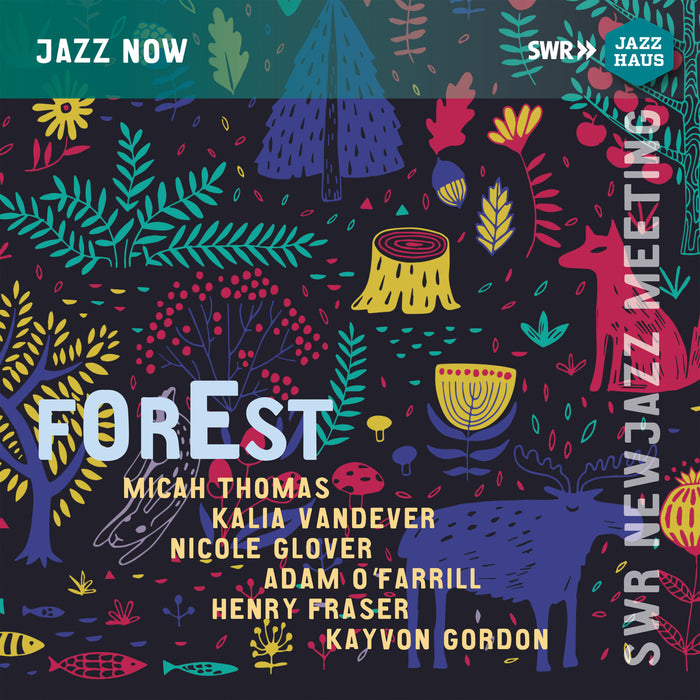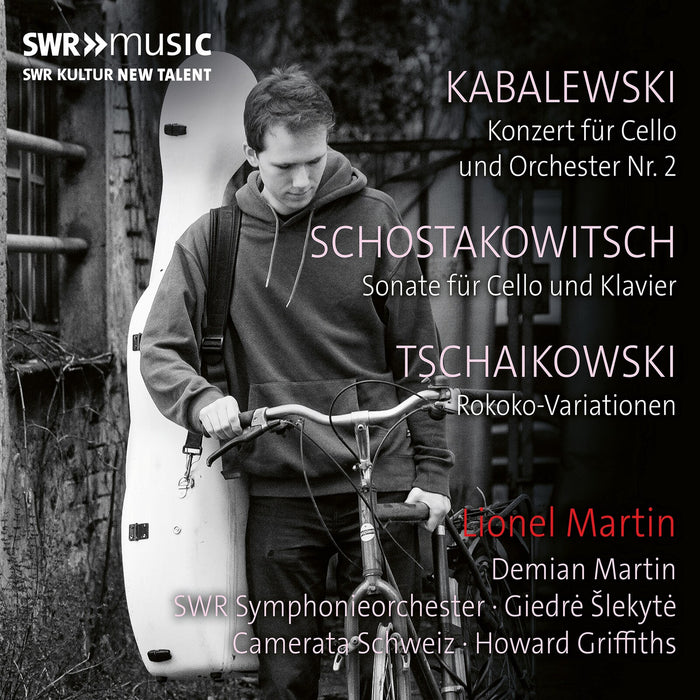Description
When Hector Berlioz, aged 23, saw Shakespeare's Romeo and Juliet for the first time in 1827, he was deeply moved by the experience, no doubt in appreciation of the Irish actress Harriet Smithson, who played Juliet. The two got married in 1833 and, six years later, Berlioz completed his Romeo et Juliette, Op. 17, a grand work that incorporates elements of symphony, opera and oratorio. It was not intended as an attempt to faithfully transpose Shakespeare's drama; not a single verse of Shakespeare's text was included in the libretto, which was written by the poet Emile Deschamps, based on Berlioz's drafts. When the Prologue refers to Shakespeare as the only person who knew the highest secrets of poetry, it's clear that the listener is deliberately placed in Berlioz's perspective, whose imagination is ignited by Shakespeare's genius. Berlioz's second symphony, Harold in Italy, was similarly based on a poem by Lord Byron, with Berlioz adapting the original very freely, developing entire movements from episodes that are of only minor importance in the poem, and adding scenes that do not appear there at all. This live recording from 1982 showcases Gary Bertini at the peak of his career, conducting the SWR Stuttgart Radio Symphony Orchestra and an exquisite cast of singers - Alfreda Hodgson (mezzo-soprano), Philip Langridge (tenor) and John Shirley-Quirk (baritone). The internationally renowned Chor des Bayerischen Rundfunks and SWR Vokalensemble (known until 1998 as Sudfunk-Chor) also feature in this performance of one of the most complex symphonic works of the Romantic era.


